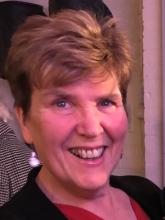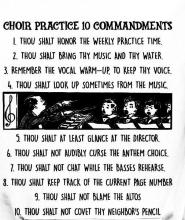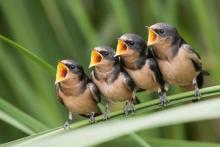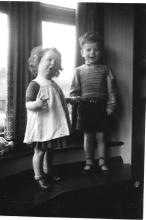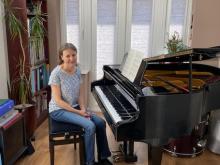
A view from the choir…or the piano stool?
Alto Lyn Grove recently joined the Choral Society. Below she reflects on her musical route to Royston and her first RCS concert at the end of June.
For most of my life, music has played a fairly prominent part. I played clarinet and then flute when I was younger and, although I took a somewhat convoluted path to it, I did go on to take a degree in music (thanks to the encouragement of a particularly lovely flute teacher in Bangor, North Wales).
Despite this, until the last couple of years I had never sung in a choir and nor was I very familiar with vocal repertoire. So what has brought me to the Royston Choral Society? Well, over the last few years, as my kids have been growing up and I’ve had a little more free time, I have been trying hard to improve my piano playing. Through this I discovered a love for lieder and other song repertoire (not that I can play much of that repertoire, but one can dream!) But more importantly, this made me realise how much I miss being part of a music ensemble. When I was at university I thought playing in an orchestra was the most amazing feeling - something unique, that nothing else could equal. So I have been amazed to discover that singing in a choir feels very much the same - it’s that feeling of being buoyed up on the swell of sound and gorgeous harmonies, but at the same time the more humbling sense of being a small part of a greater whole. It’s the creation of something amazing, sometimes so powerful, often sublime.
I may not be a great singer (but don’t worry - I won’t spoil anything, I may just mime a little at times!) but I’m loving being a part of the choir - thank you!
 Royston Choral Society
Royston Choral Society

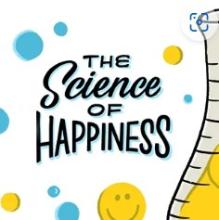

 Sir David conducted us two years later to sing Bach's Christmas Oratorio Parts I-III and two years later again to sing Parts IV-VI, all at Douai Abbey. Very memorable occasions.
Sir David conducted us two years later to sing Bach's Christmas Oratorio Parts I-III and two years later again to sing Parts IV-VI, all at Douai Abbey. Very memorable occasions. ir rehearsal for a wedding last year, we were ‘gate-crashed’ by composer (now) Sir John Rutter who had heard us rehearsing [two of his works] The Lord Bless You and Keep You and The Music’s Always There with You – a new piece for us to learn.
ir rehearsal for a wedding last year, we were ‘gate-crashed’ by composer (now) Sir John Rutter who had heard us rehearsing [two of his works] The Lord Bless You and Keep You and The Music’s Always There with You – a new piece for us to learn.